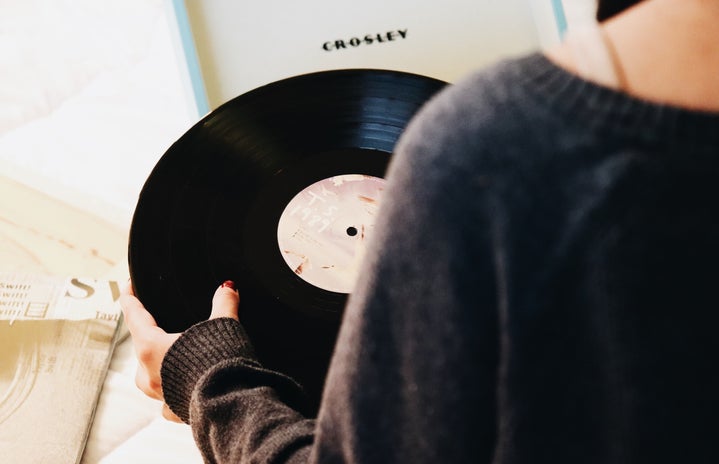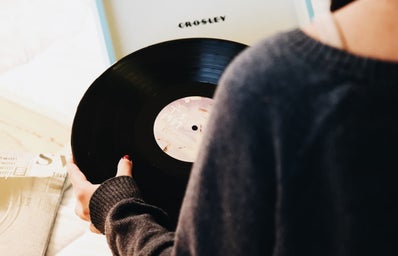A few weeks ago, my siblings and I compiled a list of our top 10 albums released in the last ten years. Dissect Podcasts, which break down songs by different artists into the most complex and beautiful works, have had a huge effect on my selections, introducing me to works that I didn’t even know existed. One that changed the way I listened to an album is the podcast for “Bad Religion” which drastically changed my understanding of “Channel Orange” by Frank Ocean. I’d be willing to bet that most people don’t really understand the meaning behind this song in particular, and I think that this primarily comes from the confusing rhetoric and religious references which tend to go over all our heads.
The song opens with organ tones, typically heard in churches as tones of praise and worship. Then, Frank Ocean begins by conversing with his taxi driver.
“Taxi Driver
be my shrink for the hour
Leave the meter running.
It’s rush hour
so, take the streets if you want to
just outrun the demons
could you?”
These lyrics set the scene for the song. Ocean gets into a taxi and asks permission to unburden himself during the long ride. The driver responds to him with a single blessing:
“Allahu Akbar” Which means, “God is greater.”
However, Frank Ocean, a deeply religious and yet homosexual man, takes this blessing as a curse. In telling the taxi driver not to curse him with these words, Ocean is communicating the theme of his song, which is his struggle between his own sexuality and religious beliefs. He calls the unrequited love he feels “A bad religion.” Suddenly, the religious references and overarching tones make sense. Ocean is communicating his struggle with sexuality in such a real and beautiful way, that I can’t help but be entranced by it. Ocean screams throughout the song, “I can never make Him love me” denoting a double meaning: is he talking about his unrequited love, or is this unrequited love his devotion for God, who he believes can never love him because of his sexuality.
“This unrequited love
To me, it’s nothin’ but a one-man cult
And cyanide in my styrofoam cup
I can never make ’em love me
Never make ’em love me”
The heartbreaking end to this song is when Ocean realizes that he truly will never be accepted in his faith, because of his sexuality. This religion is becoming so toxic to him that it is comparable to the cult behaviors which lead to mass suicide, as in the Jamestown cult massacre. Juxtaposing religion and drug use, Ocean is able to communicate that his religion, which is supposed to be the “opiate of the people” is beginning to really harm him, instead of giving him the religious “high” of his desires.
The desperation in his voice and his impassioned pleading for an answer is a burning hole in the chest of queer adolescents who find themselves in similar positions to Frank Ocean in his taxi. So easily, we mistake this song for one of simple, earthly heartbreak. This assumption is a gross oversight because it overlooks the heavy religious themes and the profound dismay in Ocean’s lyrics.
I can’t give this song its due justice with only words, but listening to music with a slow and pensive mind, open to the themes and ideas that are presented to us, is the most vital way to consume this auditory art. The Dissect podcasts go so deep into the songs it’s truly unbelievable, and I encourage you to look through the available podcasts on Spotify or other listening apps.
I hold a firm belief that music should be consumed with the care and attention we give to other art forms. If you’re new to trying to listen to music this way, the Dissect Podcast is a terrific place to start.


